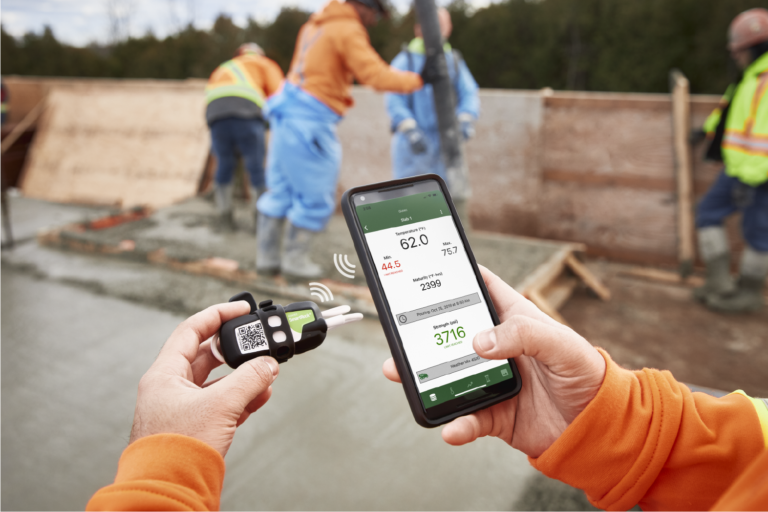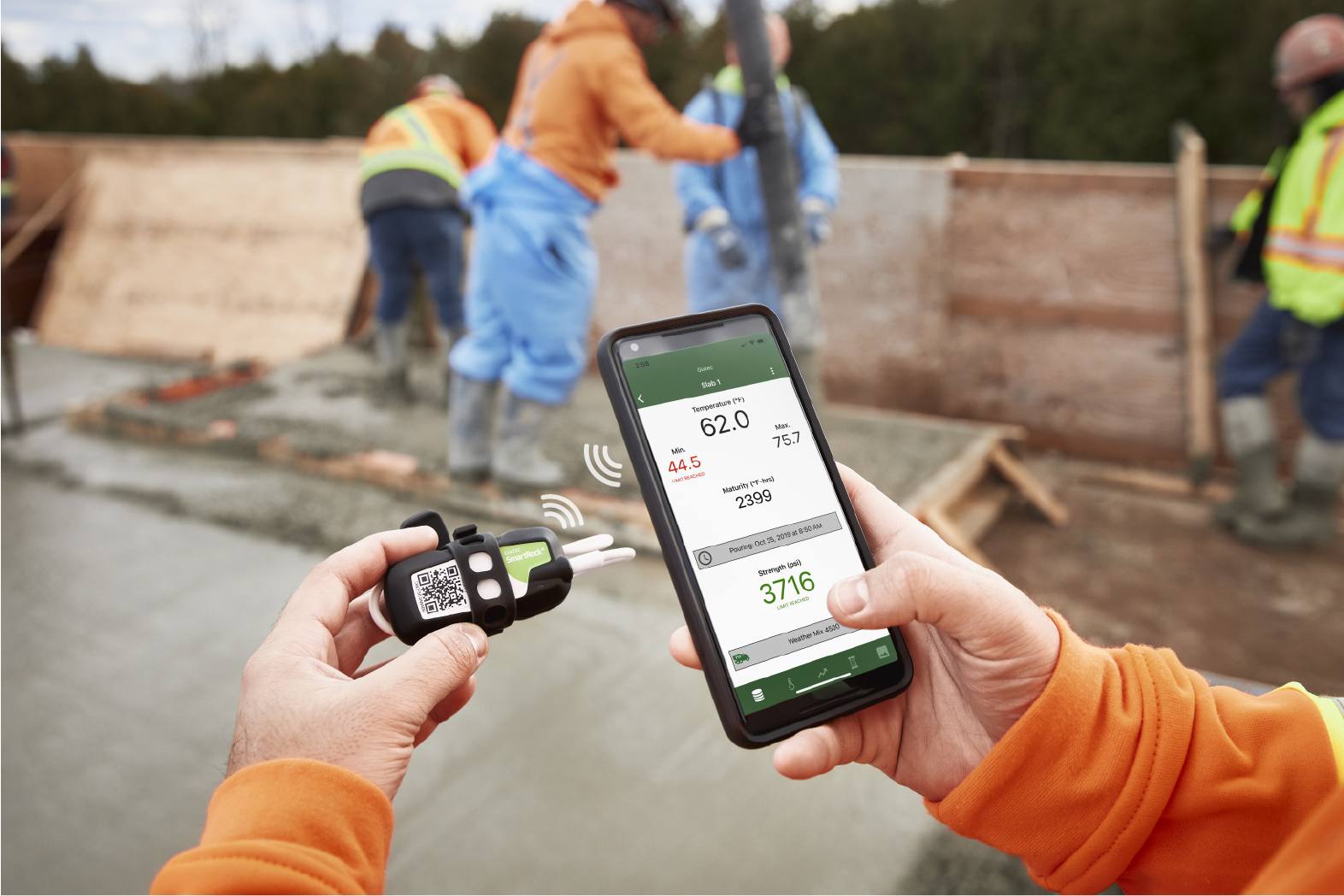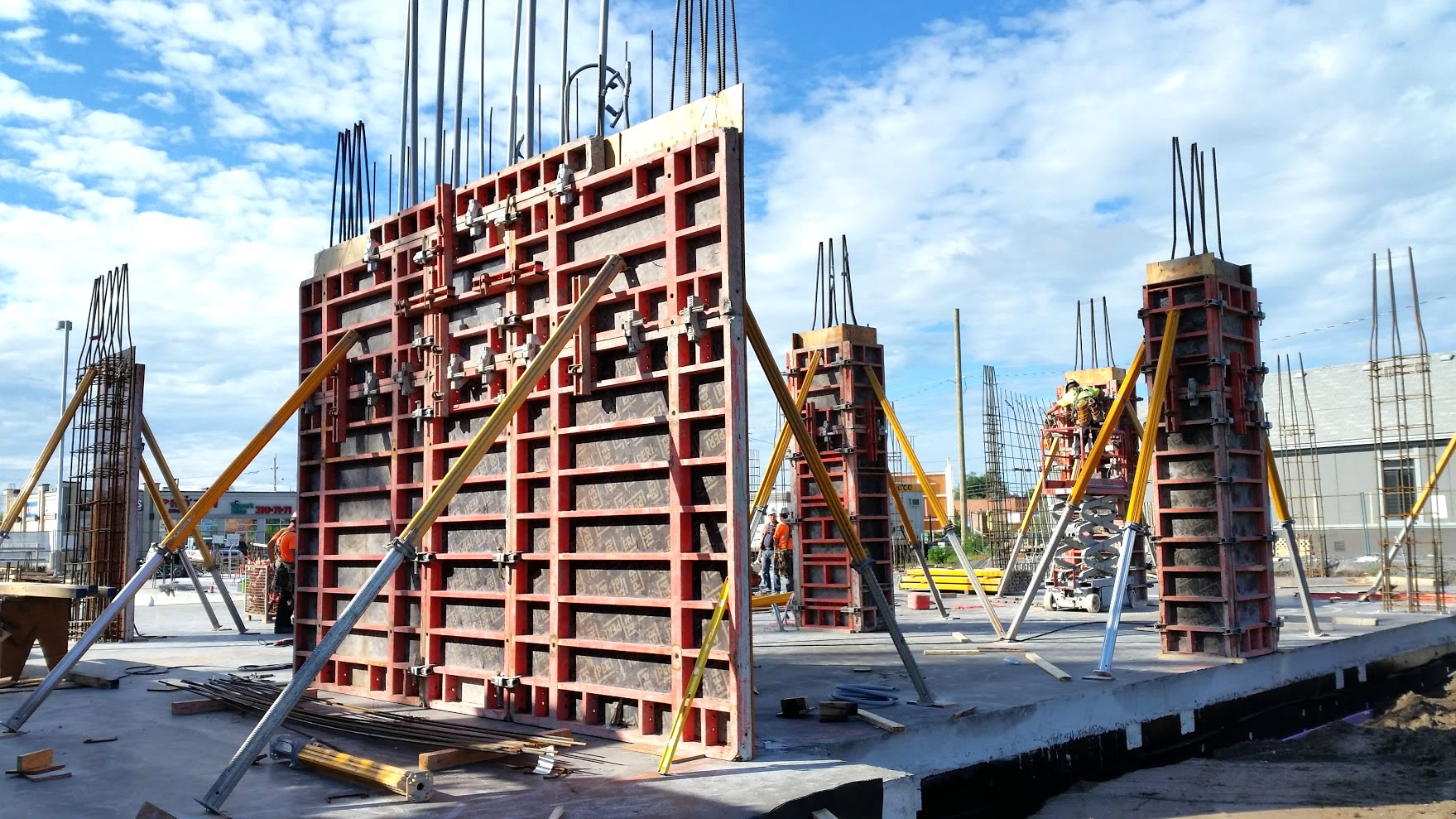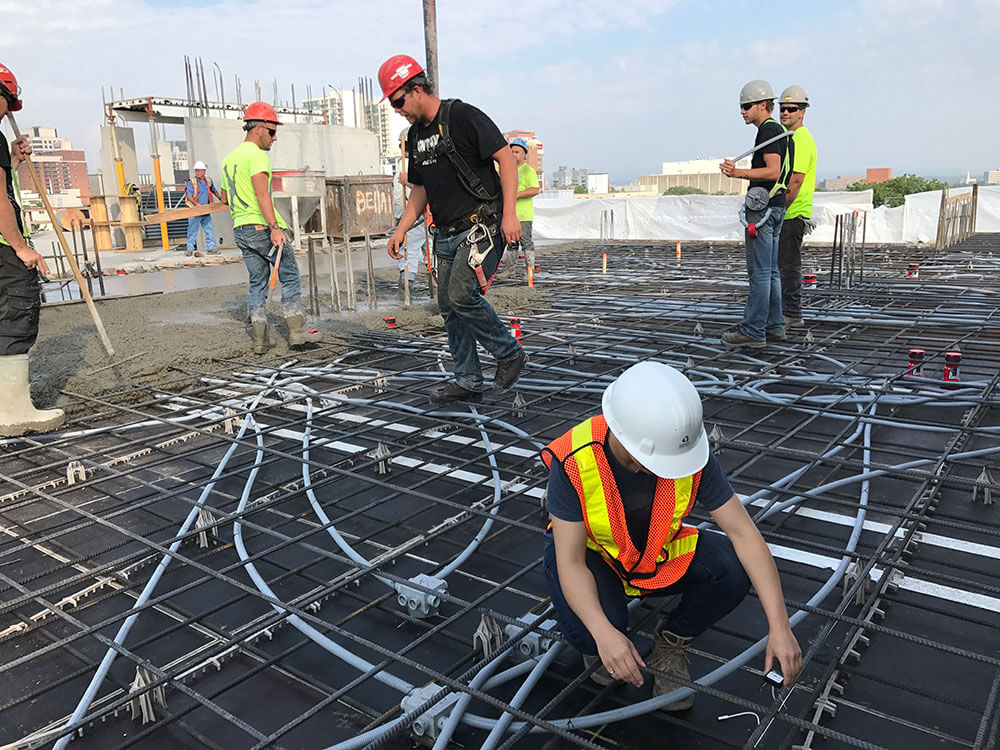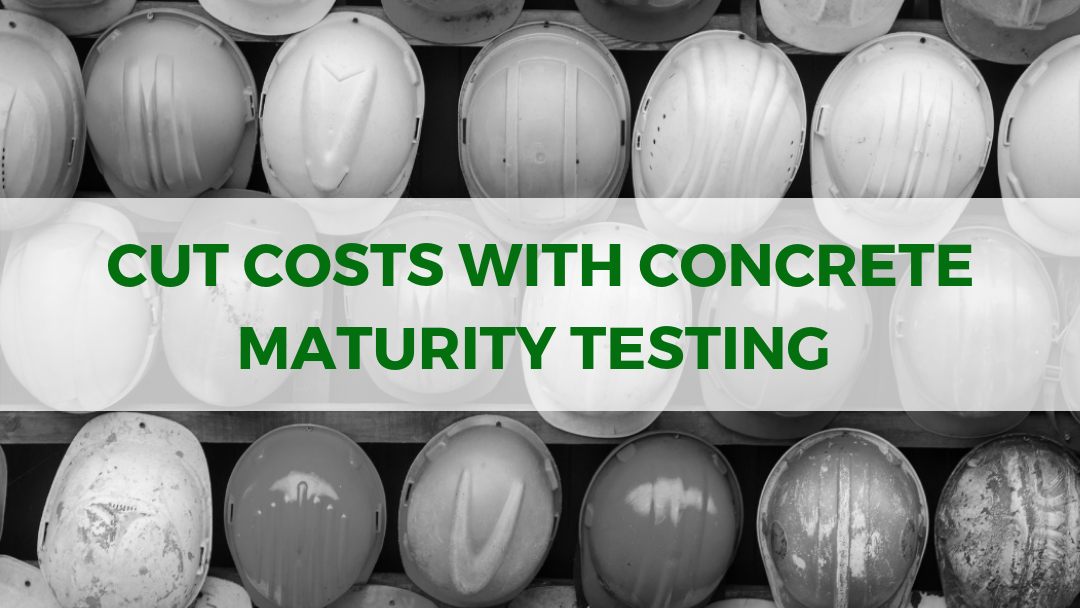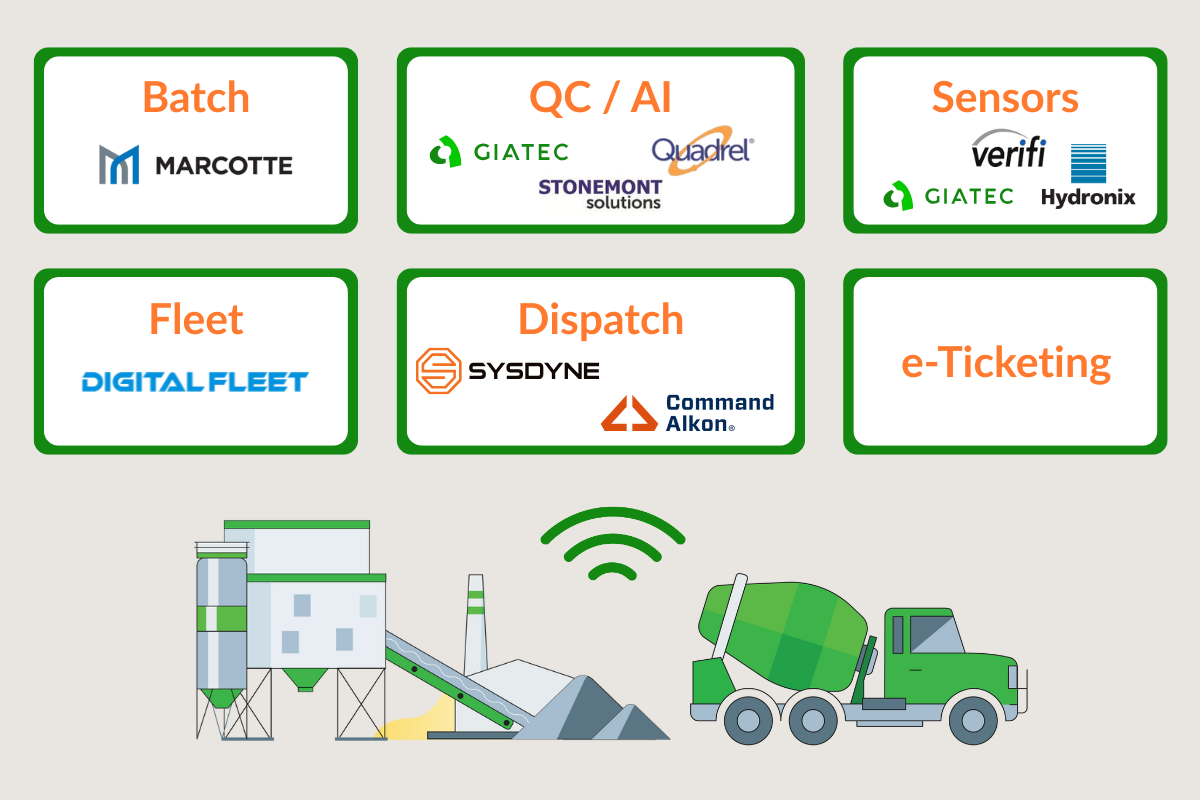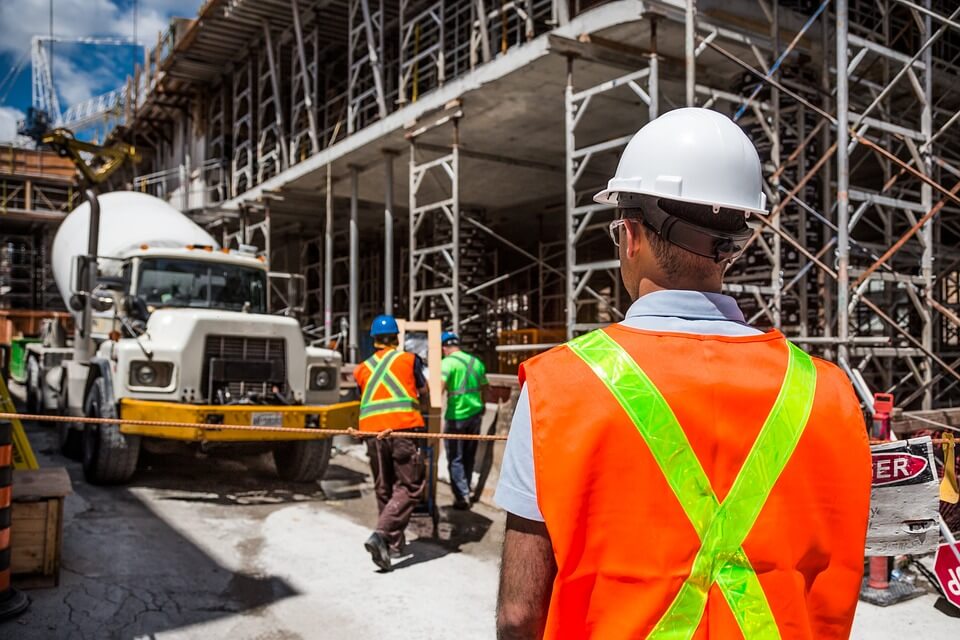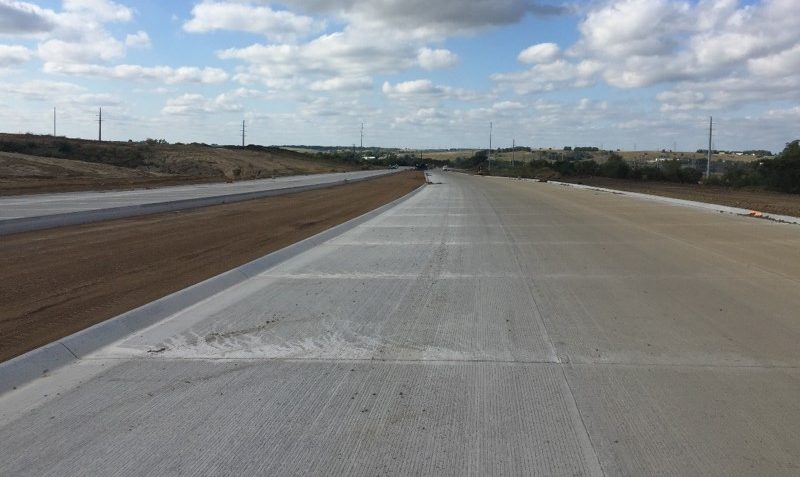Sensors are at the heart of revolutionizing modern construction processes, driving efficiency, accuracy, and sustainability. At Giatec, we understand the immense value these tools bring to the concrete industry, particularly with innovations like SmartRock®. Concrete sensors enable real-time monitoring of critical factors like temperature and strength, helping project managers make data-driven decisions to optimize concrete performance. This not only reduces delays and errors but also significantly improves project timelines and cost efficiency. By integrating IoT technology, the construction industry can minimize waste, improve safety, and achieve unparalleled levels of quality control.
Explore 12 Futuristic Technology Trends Solving Concrete's Biggest Challenges.
See five reasons general contractors buy IoT devices
Key Benefits of Concrete Sensors
- Real-Time Data for Better Decision Making: Giatec’s sensors deliver real-time insights, allowing construction teams to monitor concrete strength and temperature continuously. This ensures timely actions, such as determining the right moment for formwork removal or when to post-tension concrete structures.
- Improved Project Efficiency: Traditional methods of testing concrete strength, like break tests, can lead to delays. Wireless sensors eliminate this problem by providing immediate feedback, allowing crews to adjust schedules and reduce downtime on site.
- Cost Savings: By leveraging real-time data, sensors help minimize unnecessary material use and reduce labor costs. Accurate data allows for precise material consumption, which can lower waste and improve overall project efficiency.
- Enhanced Safety and Compliance: Sensors can detect potential issues such as extreme temperature fluctuations or uneven curing, which could affect the durability and integrity of a concrete structure. This early detection helps teams avoid costly rework or safety hazards.
- Environmental Impact: Smart sensors like Giatec’s SmartRock contribute to sustainable construction by reducing concrete waste and cutting back on the energy used in heating, cooling, or demolishing faulty structures. As part of the broader shift towards greener building practices, concrete sensors are key to improving the carbon footprint of the construction industry.
Unlock cutting-edge techniques for effective temperature monitoring here!
In conclusion, sensors are transforming the way concrete is monitored and managed in the construction industry. With advanced tools like SmartRock, Giatec is leading the charge toward smarter, more efficient, and environmentally friendly construction practices. These technologies are not just about improving processes—they’re revolutionizing an industry for the better.

